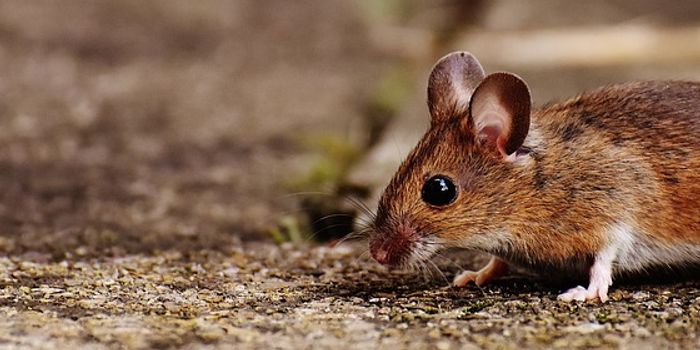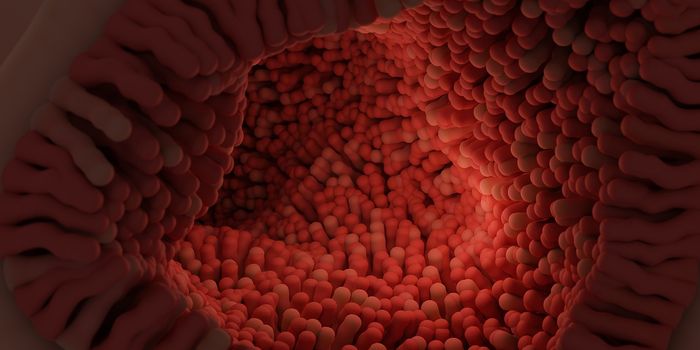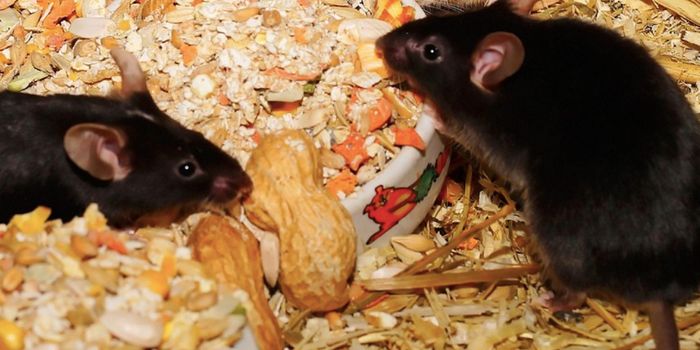New T Cell Therapy is a Universal Approach to Target Cancer
The human immune system uses killer T cells to destroy other dangerous cells. For years, researchers have been trying to harness the power of these cells to kill cancer. Current T-cell therapies harvest T cells from cancer patients, modify the cells in the lab to make them more efficient at recognizing and eliminating cancer cells and then return them to the patient. CAR-T cell therapy is now the most common kind of T-cell therapeutic, and while it can be personalized for a patient, it only works against a few types of cancer, and cannot target solid tumors.
Scientists at Cardiff University have now found a type of T cell that carries a unique T cell reporter (TCR) that can identify and kill most kinds of human cancers but leaves healthy cells alone. The TCR can recognize a molecule found on both cancerous cells and healthy cells, but it can tell the difference between normal and cancerous cells; it only attacks cancer. This finding opens the door for immunotherapies that can be widely used to target many kinds of cancer.
T cells find dangerous and anomalous cells by scanning their surfaces, looking for proteins that are attached to molecules called human leukocyte antigen (HLA); these tell the killer T cells more about what is inside of the cells. Different people carry very different HLAs, so T cell therapies must be specialized for the individual. But the newly-identified TCR can find cancers by looking at a molecule called MR1, which is like HLAs.
MR1 is not variable between individuals, however, unlike HLAs, so it could be useful in a broadly applicable T cell therapy. When the TCR is present on T cells, they can find and kill many kinds of cancer including blood, bone, breast, colon, cervical, kidney, ovarian, prostate, and skin cancers and ignore normal cells. The findings were tested in a rodent that modeled human cancer and the human immune system. The test showed that it worked as well as a currently used CAR-T therapy. TCR-modified T cells also destroyed cancer cells from melanoma patients while leaving healthy cells alone.
It's very unusual to identify a TCR that can specifically target many types of cancer, raising the prospect of a universally applicable cancer therapy, noted the lead study author Professor Andrew Sewell, an expert in T-cells at Cardiff University’s School of Medicine.
“We hope this new TCR may provide us with a different route to target and destroy a wide range of cancers in all individuals. Current TCR-based therapies can only be used in a minority of patients with a minority of cancers," said Sewell. “Cancer-targeting via MR1-restricted T cells is an exciting new frontier - it raises the prospect of a ‘one-size-fits-all’ cancer treatment; a single type of T cell that could be capable of destroying many different types of cancers across the population. Previously nobody believed this could be possible.”
The researchers are now learning more about the physiological mechanisms that explain how TCR recognizes cancer. It may have to do with metabolic changes in the cell, and how MR1 presents chemicals on the surface of cancer cells. The researchers are hopeful that they will be able to test this strategy in patients soon.
First, safety testing will be critical to ensure that killer T cells that have been modified with this newly-identified TCR are only targeting cancer cells, noted Sewell. “There are plenty of hurdles to overcome however if this testing is successful, then I would hope this new treatment could be in use in patients in a few years’ time,” he added.
“If this transformative new finding holds up, it will lay the foundation for a universal T cell medicine, mitigating against the tremendous costs associated with the identification, generation, and manufacture of personalized T cells," added Professor Awen Gallimore, of the University’s division of infection and immunity and cancer immunology lead for the Wales Cancer Research Centre. “This is truly exciting and potentially a great step forward for the accessibility of cancer immunotherapy.”
Sources: Cardiff University, Nature Immunology









